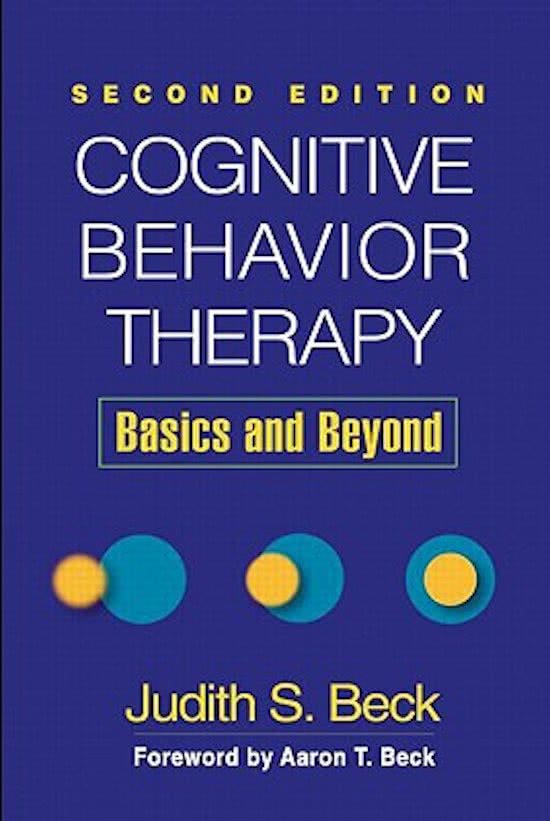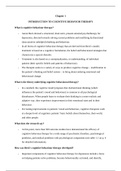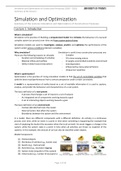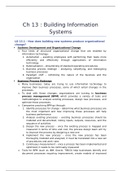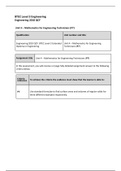INTRODUCTION TO COGNITIVE BEHAVIOR THERAPY
What is cognitive behaviour therapy?
- Aaron Beck devised a structured, short-term, present-oriented psychotherapy for
depression, directed towards solving current problems and modifying dysfunctional
(inaccurate/or unhelpful) thinking and behaviour.
- In all forms of cognitive behaviour therapy that are derived from Beck’s model,
treatment is based on a cognitive formulation, the belief and behavioural strategies that
characterize a special disorder.
- Treatment is also based on a conceptualization, or understanding, of individual
patients (their specific beliefs and patterns of behaviour).
- The therapist seeks in a variety of ways to produce cognitive change – modification in
the patient’s thinking and belief system – to bring about enduring emotional and
behavioural change.
What is the theory underlying cognitive behavioural therapy?
- In a nutshell, the cognitive model proposes that dysfunctional thinking (which
influences the patient’s mood and behaviour) is common to all psychological
disturbances. When people learn to evaluate their thinking in a more realistic and
adaptive way, they experience improvement in their emotional state and in their
behaviour.
- For lasting improvements in patients’ mood and behaviour, cognitive therapists work
at a deeper level of cognition: patients’ basic beliefs about themselves, their world,
and other people.
What does the research say?
- At this point, more than 500 outcome studies have demonstrated the efficacy of
cognitive behaviour therapy for a wide range of psychiatric disorders, psychological
problems, and medical problems with psychological components (see table 1.1 on p. 4
for detailed information).
How was Beck’s cognitive behaviour therapy developed?
- Important components of cognitive behaviour therapy for depression include a focus
on helping patients solve problems; become behaviourally activated; and identify,


